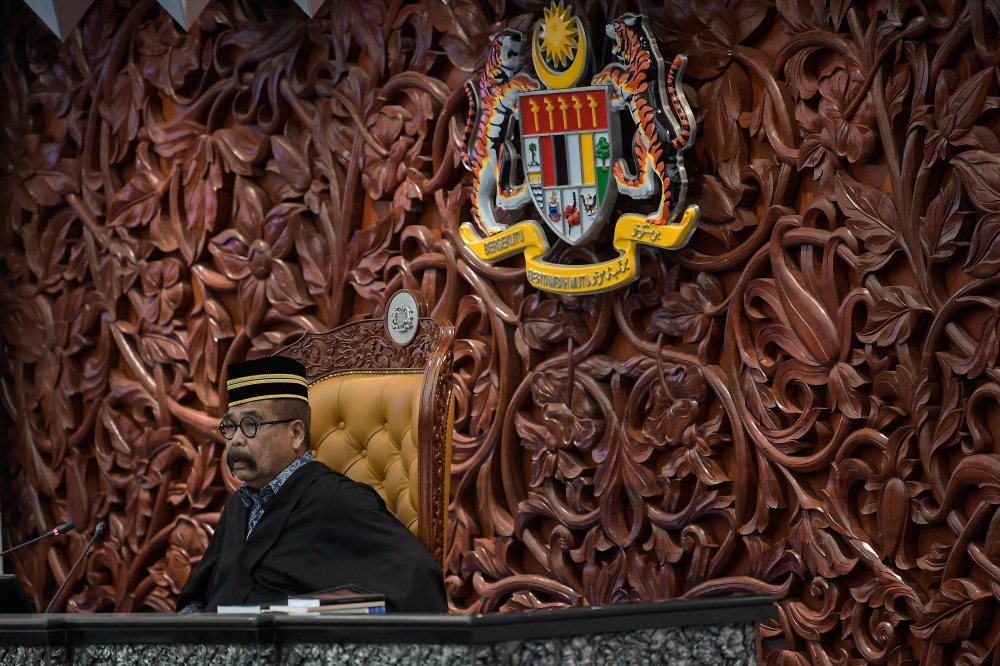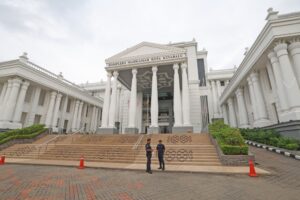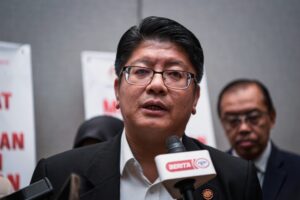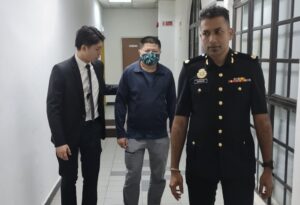KUALA LUMPUR, Aug 4 — Dewan Rakyat Deputy Speaker Datuk Ramli Mohd Nor has proposed that the government offer covert incentives to civil servants who expose internal misconduct at immigration entry points, including practices such as “counter setting,” to curb corruption at the country’s borders.
Ramli suggested that whistleblowers with inside information on manipulation or abuse of power should be rewarded under administrative rules or legal provisions.
“Why not consider giving rewards, like giving them a thousand ringgit or two thousand covertly? This is done in criminal investigations. It could work in this case too,” he said in the Dewan Rakyat today.
He said only those directly involved or close to such misconduct would have access to such information.
“Nothing is ever exposed unless the information comes from those directly involved or their close associates,” he said.
“This isn’t about betraying friends, it’s about protecting the country and the people,” he added.
During the same session, Home Minister Datuk Seri Saifuddin Nasution Ismail said the government is ramping up efforts to stamp out border manipulation tactics such as counter setting, flying passports, phantom travellers and U-turns, describing them as acts that severely damage the credibility of Malaysia’s immigration and border control agencies.
He said measures being implemented include digitalisation, the use of body-worn cameras, advanced passenger screening systems, and integrity awareness programmes.
Saifuddin said 635 autogates will be installed at 123 national entry points under the Entry/Exit Gateway Processing System (EGPS), including at KLIA Terminals 1 and 2, the Sultan Abu Bakar Complex, the Sultan Iskandar Building, and airports in Kuching, Kota Kinabalu and Penang.
The rollout is expected to be completed by March 2028.
“These autogates will reduce direct officer interaction, as screenings will rely on biometric data, facial recognition and iris scans,” he said.
Saifuddin also said immigration officers at major entry points, particularly KLIA, are currently undergoing a proof-of-concept phase for body-worn cameras. The ministry plans to deploy 614 units by September to enhance transparency and prevent misconduct.
He added that Malaysia will soon implement an Advanced Passenger Screening System and an Advanced Passenger Information (API) system in partnership with the Royal Malaysia Police, Malaysia Airports Berhad and the Aviation Security Force.
The API pilot will begin with 10 of the 56 airlines operating in Malaysia by the end of this year, allowing authorities to access detailed passenger data before arrival and strengthen pre-emptive screening efforts.
According to Saifuddin, 26 officers were dismissed in 2024 and eight in 2023 under Section 37 of the public service regulations, all involving serious misconduct.
Separately, 50 other cases involving phantom manipulation were referred to the Malaysian Anti-Corruption Commission (MACC), with two individuals already charged in court.
He reiterated the government’s zero-tolerance policy in addressing such abuses.






